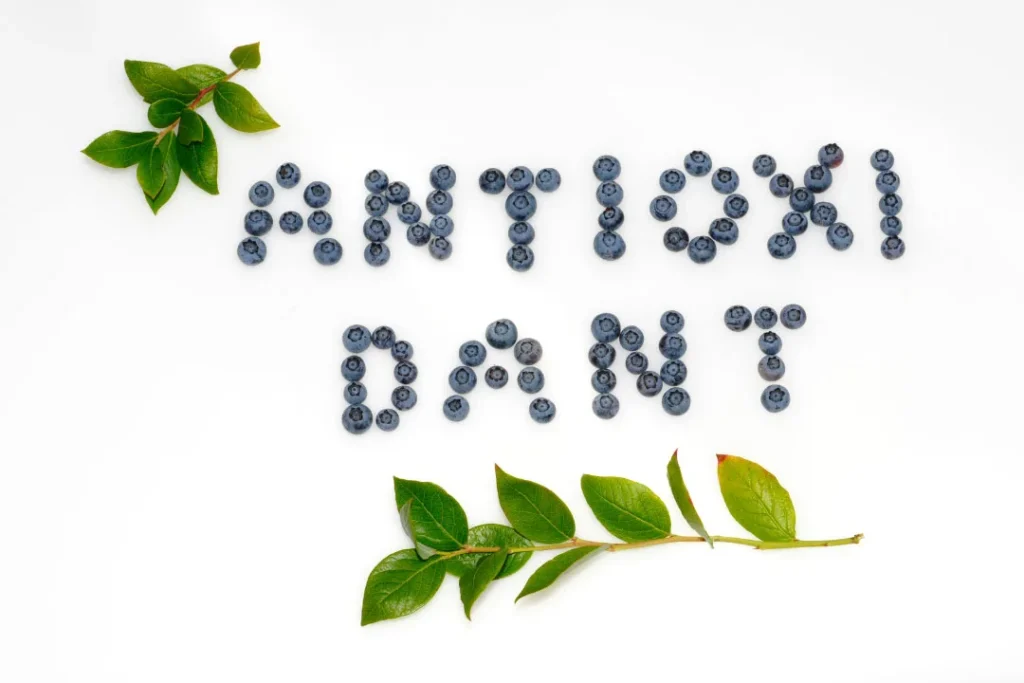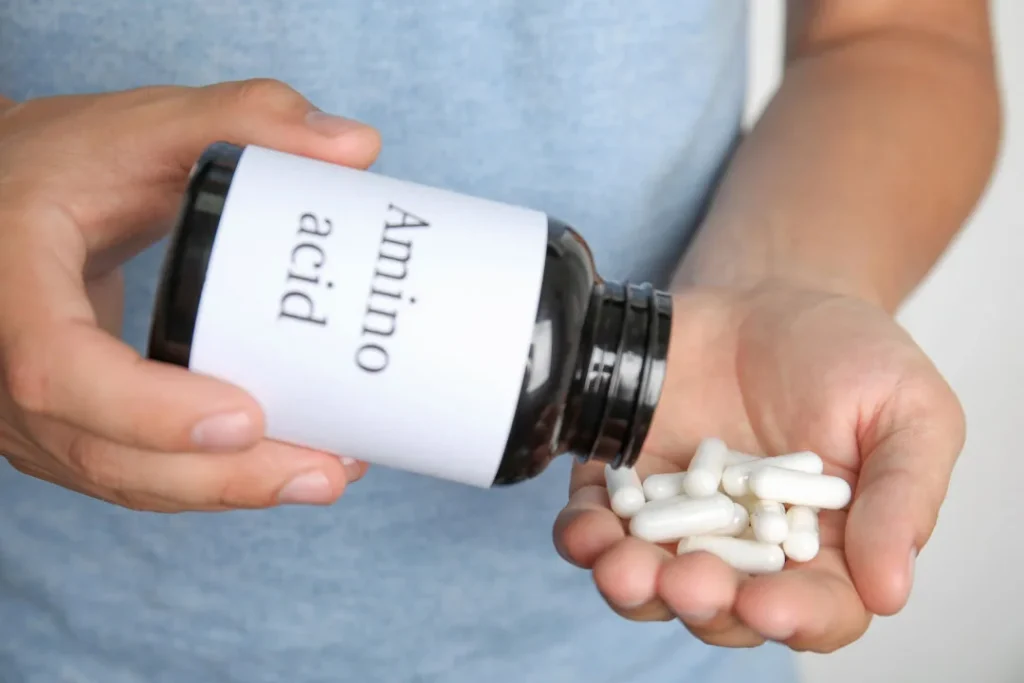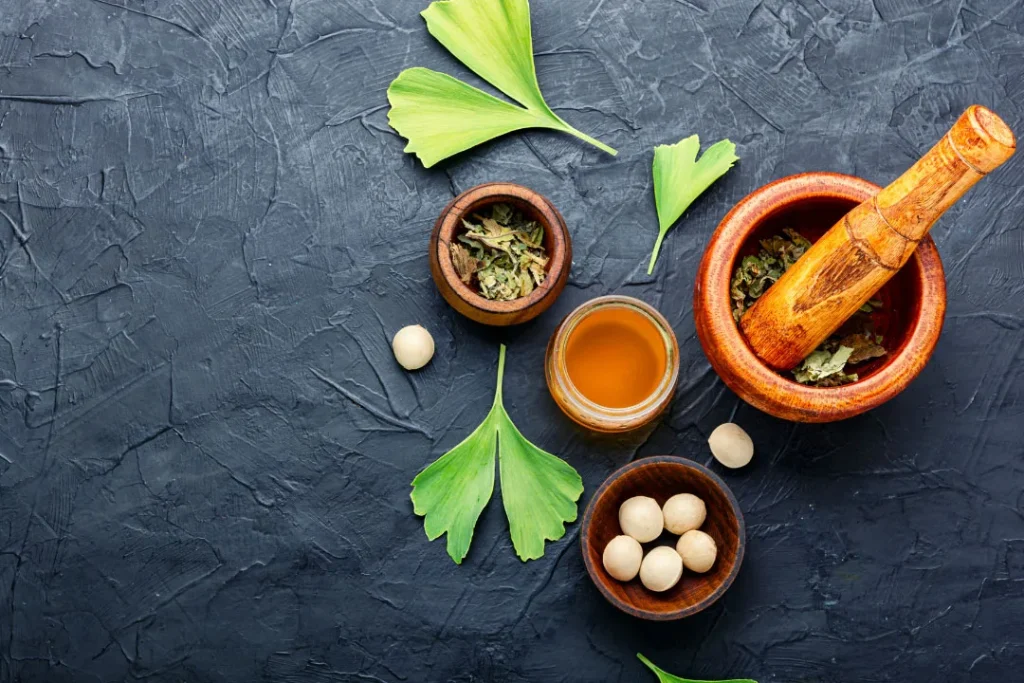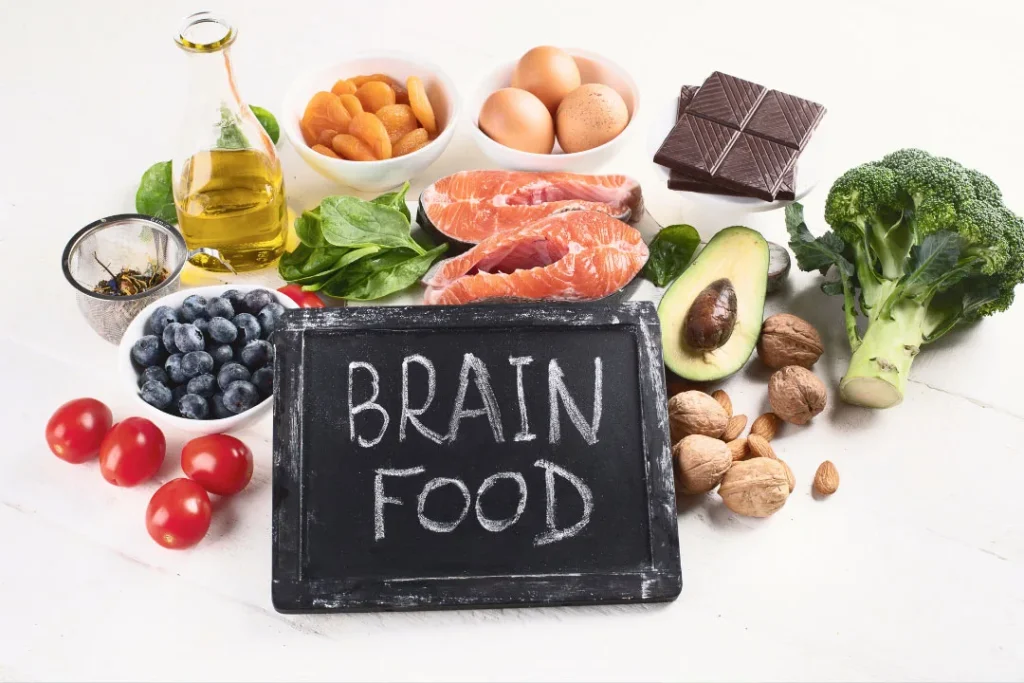In today’s highly competitive world, it may be tempting to pop a pill if you believe it could help improve your memory, focus, and creativity; however, not all ‘smart drugs’ are safe and effective. We’ll discuss five great natural nootropics and how they can deliver a brain boost without unpleasant side effects.
Nootropics, or so-called “smart drugs,” are simply substances that may enhance brain function. The term “nootropic” was first defined by the Romanian psychologist and chemist Corneliu E. Giurgea in 1972, who described nootropics as drugs that enhance memory and learning while shielding the brain from harm. Although little was initially known about nootropics’ mechanisms of action, researchers have put many nootropics through rigorous testing to better understand how they work.
However, the category of nootropics is broad and encompasses a variety of substances, some of which can have negative side effects. The adverse side effects of “smart drugs” can range from gastrointestinal complaints like nausea to more disruptive, long-term issues such as insomnia, increased heart rate, and elevated blood pressure. One easy way to avoid the harmful side effects of nootropics without sacrificing their brain-boosting benefits is by selecting natural nootropics over synthetic ones. The following are five of the finest natural nootropics available, the effects of which are backed up by scientific research.
You May Also Like:
Finding The Best Alpha GPC Supplement
The Best Natural Nootropics: Improve Your Alertness, Focus, And Cognition
Natural nootropics:
Bacopa monnieri
Also known as the Water Hyssop plant, Bacopa monnieri is an herb endemic to most of the world, including Asia, Africa, Europe, Australia, and the Americas. Its nootropic effects were first discovered by practitioners of Ayurveda, an ancient Indian system of medicine that is still commonly practiced today. In Ayurvedic medicine, Bacopa monnieri is often used to enhance cognitive function.
A 2016 study found some evidence to support this: those who supplemented with Bacopa monnieri, even over a short period of 12 weeks, scored higher on tests of visual processing, learning speed, and memory; and lower on tests of anxiety. Moreover, further research has shown that this natural nootropic also contains antioxidants, which may help prevent cellular damage caused by oxidation. Bacopa monnieri may be known for its nootropic effects, but its health benefits might extend far beyond the brain.

Natural nootropics:
L-theanine
L-theanine is an amino acid that plays a crucial role in creating proteins. Amino acids are essential building blocks of DNA and are present in great quantities in every living organism. L-theanine, in particular, is a natural nootropic that is organically present in green tea, as well as certain edible mushrooms. Much like the caffeine that is also present in green tea, L-theanine may improve focus and boost energy.
However, unlike caffeine, which may have insomnia- and anxiety-inducing qualities, L-theanine may actually decrease anxiety and promote healthier, more restful sleep. A 2019 study found that healthy adults who took L-theanine scored higher on cognitive tests measuring verbal fluency and executive function; and lower on indices of anxiety and sleep disturbances. Essentially, L-theanine has the potential to not only boost brain power but also improve sleep quality while reducing anxiety.

Natural nootropics:
Lion’s Mane mushroom
Lion’s Mane (Hericium erinaceus) is a mushroom named for its long tendrils that resemble the mane of a lion. Lion’s Mane mushrooms are native to much of Europe, where they are highly regarded for culinary applications — their delicate flavor has been compared to shellfish like lobster.
As natural nootropics, Lion’s Mane mushrooms contain compounds called erinacines and hericenones, which may support cognitive health by reducing oxidative damage to the cells of the nervous system. Oxidative cell damage is thought to be a cause of degenerative diseases like Alzheimer’s, and so supplementation with natural nootropics has been studied as a potential method of mitigating the cognitive decline these diseases cause.
A 2020 study found that Alzheimer’s patients who took Lion’s Mane mushroom scored better on cognitive tests than those in the placebo group. While more research is needed to determine the effects of Lion’s Mane mushrooms on healthy adults, it is believed that they may act similarly to promote sharper cognition.
Natural nootropics:
Ginkgo biloba
The Ginkgo biloba tree is native to China and is highly valued for its culinary uses: its nuts and seeds are commonly used as ingredients or just eaten as a snack. Ginkgo has been used in traditional Chinese medicine to treat disorders of the heart, lungs, ears, and brain, although many of these health claims have not been verified by peer-reviewed studies. Ginkgo biloba extract is also a common ingredient in energy drinks.
However, pure Ginkgo biloba can also be found in many supplement blends of natural nootropics and may improve memory. A 2020 review of studies on Ginkgo biloba found that in the long term, people who took Ginkgo biloba scored higher on attention span and pattern recognition tests. It has many applications, but perhaps Ginkgo biloba’s most useful feature is its potential to boost memory as a natural nootropic.

Natural nootropics:
Sage
Sage is a flowering shrub that originates from the Mediterranean region, although it now grows naturally all over the world. Sage is perhaps best known for its savory, herbaceous aroma, which makes it a common ingredient in cooking. However, it’s also one of the most easily accessible and effective natural nootropics.
Sage has antioxidant properties that can help reduce oxidative damage to cells throughout the body. Plus, studies have demonstrated that Sage can improve memory in healthy young adults, making it not only a delicious ingredient but also a beneficial nootropic.
A choice natural nootropics supplement brand
It’s certainly possible to incorporate many of these natural nootropics into one’s diet organically. However, that would prove an expensive — and possibly ineffective — venture. These natural nootropics, in raw form, tend to contain very small quantities of the nootropic compounds that make them effective, and these quantities may be further reduced by cooking. For this reason, it’s far easier to seek out a supplement that contains a combination of these natural nootropics. Medicine Man Plant Co. offers an excellent blend of natural nootropics called The Brain Pill, which contains Ginkgo biloba, Lion’s Mane, and Sage.
The Brain Pill is vegetarian and organic, with high-quality third-party tested ingredients and no unnecessary additives. Cooking natural nootropics in their raw forms only wastes their potential, while a blend like Medicine Man Plant Co’s Brain Pill can achieve maximum efficacy of the nootropic compounds within.
Natural nootropics for the body and mind
Natural nootropics like Bacopa monnieri, L-theanine, Lion’s Mane, Ginkgo biloba, and Sage are highly prized for their potential to improve memory, verbal fluency, and visual processing. Although natural nootropics are usually embraced for their cognitive effects, recent research has demonstrated that many of them have antioxidant qualities as well. Antioxidants not only support brain health but also improve cellular health and overall well-being. Further research may reveal that natural nootropics such as these have effects that extend beyond the brain, benefiting almost every cell in the body.

Additional Links for Further Reference:
NIH National Library of Medicine: Nootropics as Cognitive Enhancers: Types, Dosage and Side Effects of Smart Drugs
Science Direct: Effects of l-theanine on attention and reaction time response
NIH National Library of Medicine: Advances in the Studies of Ginkgo Biloba Leaves Extract on Aging-Related Diseases
Important Note: The information contained in this article is for general informational purposes only, and should not be construed as health or medical advice, nor is it intended to diagnose, prevent, treat, or cure any disease or health condition. Before embarking on any diet, fitness regimen, or program of nutritional supplementation, it is advisable to consult your healthcare professional in order to determine its safety and probable efficacy in terms of your individual state of health.
Regarding Nutritional Supplements Or Other Non-Prescription Health Products: If any nutritional supplements or other non-prescription health products are mentioned in the foregoing article, any claims or statements made about them have not been evaluated by the U.S. Food and Drug Administration, and such nutritional supplements or other health products are not intended to diagnose, treat, cure, or prevent any disease.


